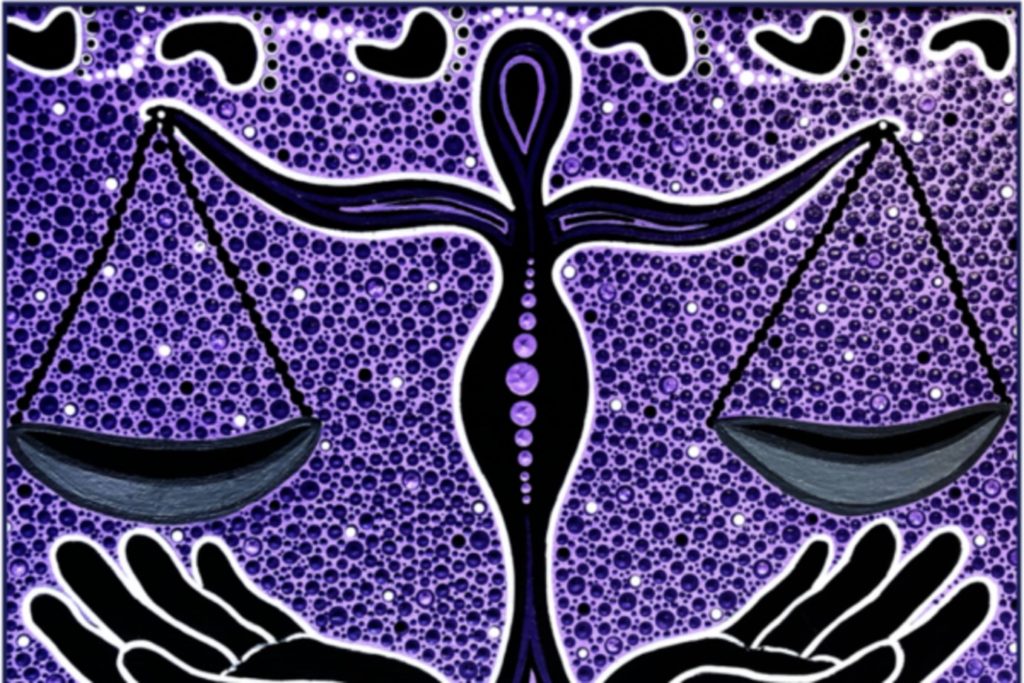Aboriginal and Torres Strait Islander women are five times more likely than non-Indigenous women to experience family violence or be killed by domestic homicide in Australia.
Social isolation rules around COVID-19 have only exacerbated the problem, with almost half of the Aboriginal domestic and family violence specialists in New South Wales reporting an increase in women seeking help.
A new report examining the views of 16 Aboriginal Domestic and Family Violence specialists in NSW found that Indigenous women and children are being “put at further risk of violence” and death due to the social isolation measures around the pandemic.
Aboriginal Domestic and Family Violence Specialist for Illawarra Women’s Domestic Violence Court Advocacy Service and Women’s Safety NSW Spokesperson for Indigenous Women, Ash Johnstone, describes the rise in cases of family violence among Aboriginal women as “extremely worrying”.
As well as being five more times more likely to be abused or killed at home, Aboriginal women are also 35 times more likely to be hospitalised due to domestic violence compared to non-indigenous women, Johnstone says.
“It’s so important that we hear the voices of Aboriginal specialist domestic violence workers at this time, as we’re in the best possible position to advise on what’s really going on for the women we’re supporting and what’s needed to better assist them in achieving safety.
“For so many of our Indigenous clients, the focus has been on keeping everything going, keeping the family together and keeping up with home-schooling. People losing their jobs has also been a really common feature. We are seeing that women are having to choose between leaving a domestic violence situation to be safe or having a roof over their heads and food for her children,” Johnstone says.
There are unique challenges facing Indigenous women around COVID-19. Seeking help outside communities has been especially difficult, with no access to transportation and increased family pressures.
The report found that 56 per cent of specialist workers reported an increase in the complexity of clients’ needs. For example, some noted COVID-19 specific abuse around financial matters and other stressors. Close to 60 per cent of specialist workers said their clients were “de-prioritising their own safety” in order to feed and house their families.
One Aboriginal domestic and family violence specialist, Tess*, said that accessing the Aboriginal community was “exceptionally hard, with services closed and no transport available”, however face-to-face support was crucial.
Anabel*, an Aboriginal youth-focused case worker says a fear of engaging with the police due to historical experience, has also prevented Aboriginal women from travelling to see support workers face-to-face.
“It’s important to remember that young people often aren’t safe in their own home and often seek support from their peers… this may raise some concerns for young people as they can no longer move freely in the community without a fear of police questioning them,” she says.
So what needs to happen?
The report calls to close “critical service gaps” for Indigenous women and their families.
First and foremost, it says Indigenous domestic and family violence case workers must be funded in every geographical area of the state. Without funding, “clients fall through the cracks”.
Ongoing funding, accommodation and cultural support for Indigenous workers to continue to engage with Aboriginal women impacted by family violence is also essential, the report found.
Lastly, it is “vital for those in power to listen”, specialist worker, Johnstone says. “We need you to work with us to make these support services more safe, more accessible, and more holistic, so women and children can have the safe home and the safe life they deserve.”



